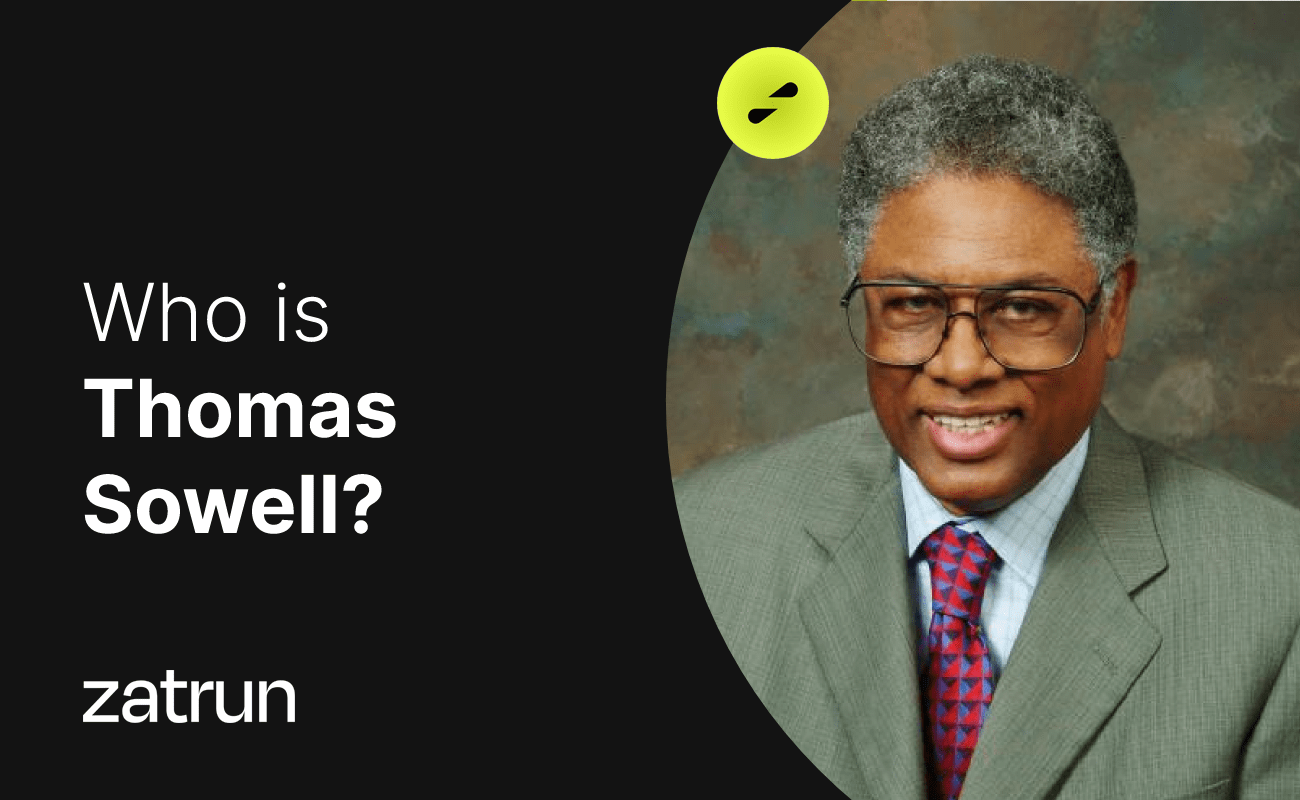An economist, public policy analyst and professor at Columbia University, Joseph E. Stiglitz received the Nobel Prize in Economic Sciences in 2001 and the John Bates Clark Medal in 1979. He is also known for his critical views on globalisation, market failures and international institutions such as the International Monetary Fund and the World Bank. If you are interested in learning more about Stiglitz, keep reading this article on Zatrun.com.

Joseph E. Stiglitz’s Early Life and Education
Joseph E. Stiglitz was born on February 9, 1943, in Gary, Indiana, to a Jewish family. He attended Amherst College, where he was an active member of the debate team and the student council. He graduated with a BA degree in 1964.
He then went to Massachusetts Institute of Technology (MIT), where he earned his MA and PhD degrees in economics under the supervision of Robert Solow, a Nobel laureate himself. He also did research at the University of Chicago and Cambridge University as a Fulbright scholar.
He has made significant contributions to various fields of economics, especially microeconomics, public economics and information economics. He has developed theories and models to explain how markets with asymmetric information (where some agents have more or better information than others) can lead to inefficient outcomes, such as adverse selection, moral hazard, screening and signalling.
His Works and Contributions
Joseph E. Stiglitz has applied his insights to analyse various policy issues, such as taxation, unemployment, inequality, development, trade and environment. He has written or co-written more than 40 books and hundreds of articles on these topics. Some of his most influential books include:
- Economics of the Public Sector (1986), a textbook on public economics
- Whither Socialism? (1994), a critique of market socialism
- Globalization and Its Discontents (2002), a critique of globalisation and its institutions
- The Roaring Nineties (2003), an analysis of the economic boom and bust of the 1990s
- Making Globalization Work (2006), a proposal for reforming globalisation
- The Price of Inequality (2012), an examination of the causes and consequences of inequality
- The Euro (2016), an assessment of the flaws and failures of the European monetary union
His Political and Academic Achievements
Joseph E. Stiglitz has also been involved in various political and academic activities. He served as the chairman of the Council of Economic Advisers under President Bill Clinton from 1995 to 1997. He then became the senior vice president and chief economist of the World Bank from 1997 to 2000.
He resigned from the World Bank after expressing his disagreements with its policies and practices. He later became a vocal critic of the International Monetary Fund and its role in the Asian financial crisis, the Latin American debt crisis, and the transition economies.
Joseph E. Stiglitz founded the Initiative for Policy Dialogue (IPD), a think tank on international development based at Columbia University, in 2000. He chaired or co-chaired several commissions and committees on economic issues. He has also received numerous awards and honours for his work, such as:
- The Nobel Prize in Economic Sciences (2001), shared with A. Michael Spence and George A. Akerlof
- The John Bates Clark Medal (1979), awarded by the American Economic Association to the best economist under 40
- The Leontief Prize for Advancing the Frontiers of Economic Thought (2000), awarded by Tufts University
- The Sydney Peace Prize (2018), awarded by Sydney University
Conclusion
Joseph E. Stiglitz is widely regarded as one of the most influential economists of our time. His work has advanced our understanding of how markets work and how they fail, especially when information is imperfect or asymmetric. He has also challenged conventional wisdom on many policy issues, such as globalisation, inequality, taxation and development.
Joseph E. Stiglitz has advocated for more democratic and inclusive economic systems that promote social justice and environmental sustainability. He has inspired and mentored many economists and policy makers around the world. He has also engaged with the public through his books, articles, lectures and media appearances. He is a voice of reason and compassion in a world of uncertainty and injustice.












